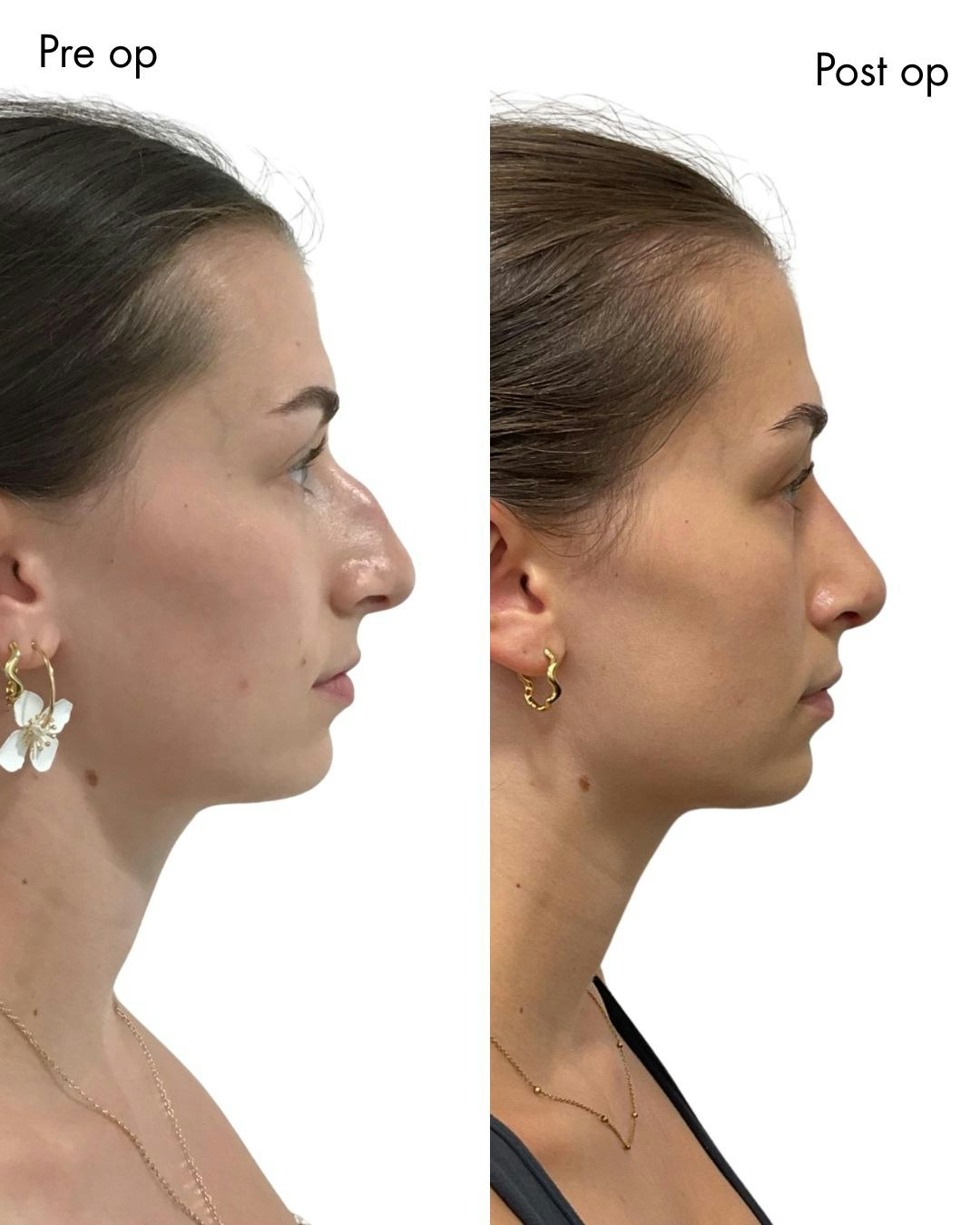Flying post-surgery
When booking your holiday or procedure, make sure to leave plenty of time to recover before taking any flight. At MYA you are advised to not fly short haul flights (3-6 hours) until you are 4 weeks post procedure day, and 6 weeks if the flight is long haul. (6+hours)!
Waiting to fly is generally recommended to minimize the risk of developing deep vein thrombosis (DVT) or a pulmonary embolism. Air travel, particularly long-haul, and the post-operative recovery period both increase the likelihood of blood clot formation due to immobility and the body's heightened clotting response.
It is important to understand the risks and to be safe, it’s best to wait 6 weeks after surgery before going on holiday to make sure everything is healed and settled. If you are worried whether you are ready to go on holiday, check with your MYA nurse before flying.
Sun exposure
After cosmetic surgery, your surgeon will advise you not to expose your post-op scars to the sun until 1 year after surgery.
Exposing the skin and cosmetic surgery scar to harsh UV rays can lead to delayed wound healing and increase the risk of infection. Even once fully healed, sun exposure can make scars seem more visible, as the rays increase the pigment in the scar, making it appear darker.
Apply SPF to post-op scars
We all want to enjoy the sun (whether it’s home or away) so after surgery, factor 50 SPF is your new best friend!
SPF should be worn daily on any exposed skin. It doesn’t just stop you from getting burnt, but it can also slow down noticeable signs of ageing (fine lines and wrinkles) and loss of skin elasticity, as well as reducing the risk of developing cancer.
High SPF should be applied generously on your scars for AT LEAST 2 years post -op to minimise sun damage and reduce discolouration. After surgery, scarring is natural and just your body’s way of healing. Exposing the scar to harmful sun rays can increase the pigment in the scar, making it look much darker. We recommend using a sunblock stick for quick and full- coverage applications.
Cover up your surgery scar
If you are wanting to tan whilst you’re away but concerned about your scars, the best thing to do would be to keep your scars covered when in direct sunlight. Combined with SPF is the ideal way to enjoy the sun safely.
Avoid sunbeds
If you are wanting a “base layer” or a little “9 minute holiday”, we recommend you don’t visit your local sunbed shop.
It can vastly increase your risk of developing skin cancer and encourage premature ageing.
The extreme temperature combined with the harmful UV rays can enhance the thickness and colour of the cosmetic surgery scars, affecting the final result.
Sunbeds can slow down collagen production in the skin, reducing the skin’s elasticity - this basically means your skin will look wrinkly well before it’s expected to. This reduction in elasticity can also affect the result of a breast procedure, as gravity will take its toll much sooner, so you’ll require a revision much earlier than expected.
Sunbeds can also cause dark spots and hyperpigmentation - is the permanent skin damage really worth it?
Keep your post -op scar dry
To aid healing, your post-op scar must be kept dry at all times.
If you’re planning on going in the sea not long after your cosmetic surgery procedure, you may want to think again.
The mixture of saltwater, sweat and chlorine on your scar can be highly irritating and cause infections and rashes.
Submerging the area operated on should be avoided for at least 6 weeks post-op and when fully signed off by your MYA surgeon.
Post-op aftercare with MYA
Aftercare is vital for successful cosmetic surgery results.
Prior to your surgery, we’ll run you through aftercare routines based on your procedure.
You’ll then be invited for aftercare appointments with one of our MYA nurses, who will deliver wound care and check on your progress.









